|
When explaining anxiety, the temptation is to explain it as being driven by the hormones in the body, or as being something to do with the brain. The explanation is then filled with unfamiliar words, and unfamiliar concepts.
My experience is that using the word 'neuroscience' does not reassure people they are going to understand what they are about to read. However, understanding why we get anxious can help us feel less anxious - we worry less about something we can make sense of. In this article I am going to use a metaphor - a conversation between some animals, who have characteristics like the parts of the brain we are interested in. One day in the jungle... stories always start with one day, and all animals live in the jungle even when they don't. Anyway, one day in the jungle were four animals, who helped each other. There was Meerkat, he always keeps an eye out, and when he notices something he stands up and alerts the other animals. And there was Elephant, she remembers everything. Elephant never forgets. And there was Zebra, she's always ready for action, and at a moment's notice she can leap into action. And then there was Monkey, he is always chatting about this and that. Monkey knows he is very clever.
Meerkat image by Schalk Bergh, Elephant image by Juliane Riedl, Zebra image by Chad Littlejohn, Monkey image by tanli
The four animals were milling about and Zebra had decided that now would be a good time to graze, and generally amble around, when Meerkat stands up and says "What's that over there? I saw something move!". Elephant who never forgets, says "It looks like a snake. Snakes bite you," and Zebra says "Bite you! Everybody RUN!" The animals all start to run, and they are a couple of strides in when Monkey who has been busily chatting away suddenly says, "There's a snake over there! I know let's run!" Our Monkey brains, the part of us that is busily chatting away is much slower than our Meerkat or Zebra brain, and it plays a bit of a trick. Monkey brain, always thinks that it made the decision, even when that decision was made somewhere else. If someone leaps out and yells "boo" at you, you can not stop yourself jumping. Zebra brain has already to decided to jump, and has set in motion the muscles needed to jump by the time Monkey brain realises that someone has yelled "boo." A little while later, after the animals had calmed down, Zebra decided now was a good time to graze again. Monkey who is busily chatting away, says "Remember that snake?" "Yes, I remember snakes," says Elephant, "They're long, thin, and very sneaky." Meerkat stands up and says "Did someone say snake?" and Zebra says "There's a sneaky snake? I'm ready!" Of course there never was a snake, it was just Monkey worrying, but Meerkat and Zebra don't know this. They always react as though it was a real snake, and Elephant tries to help by remembering as much as she can about snakes. While individually we may have a Meerkat who is more attentive or a Zebra who is more jittery than other people's, most of the 'problem' we experience with anxiety is due to our chatty Monkey. Chatty Monkey focuses on past events, and then imagines how we might cope if something like this happens again. Chatty Monkey can also imagine future events that have never happened. And as soon as he starts doing this Elephant starts remembering, Meerkat starts looking out for whatever it is that Elephant remembers, and Zebra gets ready to deal with the threat. How this story can help
If our chatty Monkey can increase feelings of anxiety, then it can also decrease them, and there are several strategies you can use that will help you feel less anxious.
How counselling can help
While you can try these strategies yourself, they are best learnt through guided experience and practice. I will often guide people through a mindfulness body scan, or help them develop an anchor. By doing it this way you not only get feedback on how well a strategy is working, it can also help you adjust the strategy so that it suits you and your way of coping.
In the counselling room these strategies help you stay safely with feeling anxious, so that you can explore the underlying reasons for your anxiety. It is this ability to 'stay with being anxious' that helps you to create a better connection with yourself, and begin finding your own answers. A more traditional explanation for anxiety, describing the basic neuroscience can be found in my Understanding Anxiety leaflet
image by Sonel via pixabay.com
0 Comments
Leave a Reply. |
Categories
All
Archives
January 2021
|
BioI'm Mark, a Humanistic Counsellor. |
Home - Testimonials - Articles - Links - Contact - Book Appointment - Counselling Students - Privacy Policy - Terms
Mark Redwood, BA (Hons) Counselling, MBACP
© Mark Redwood 2015, 2016.2017 | Main portrait by Doug Freegard © 2015
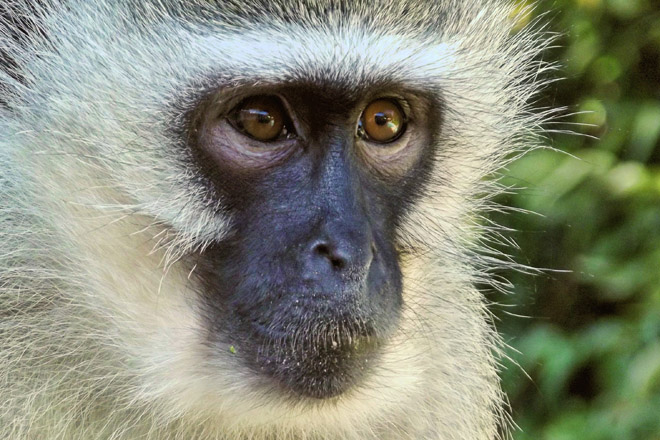
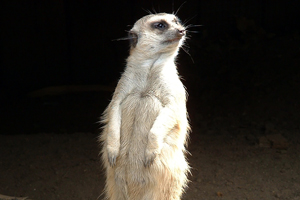
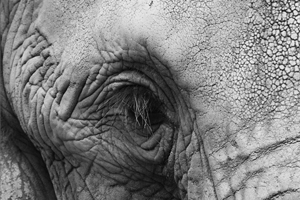
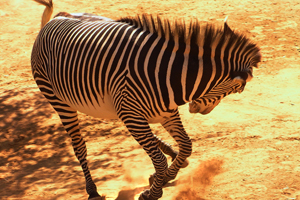
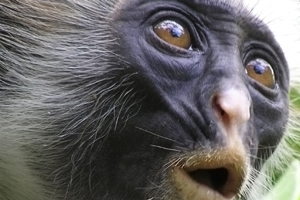

 RSS Feed
RSS Feed